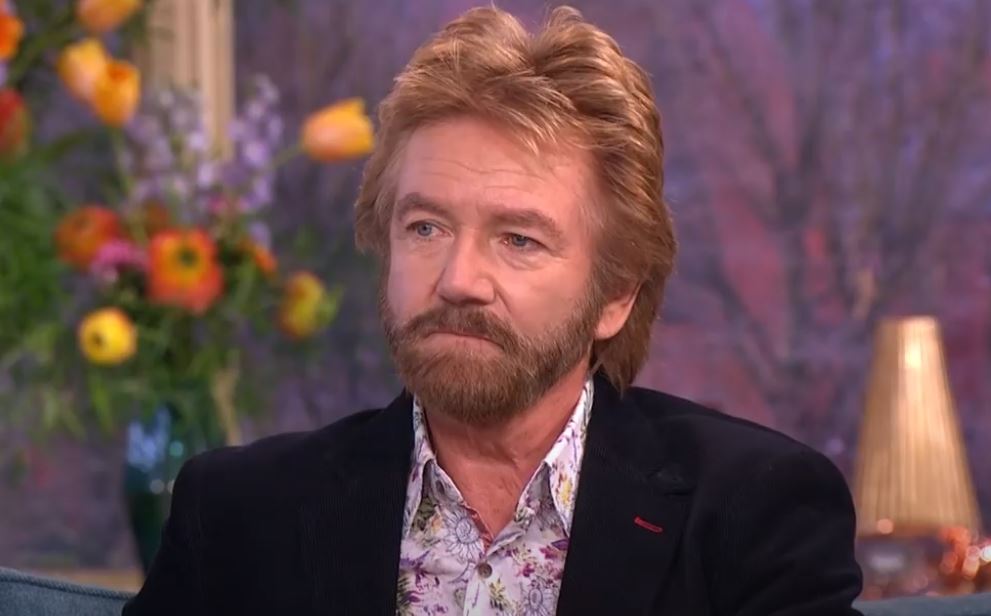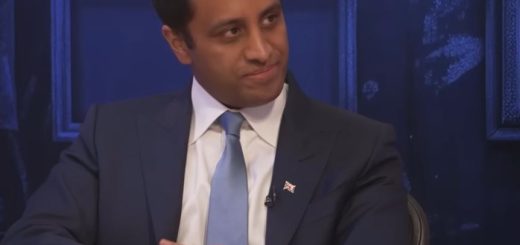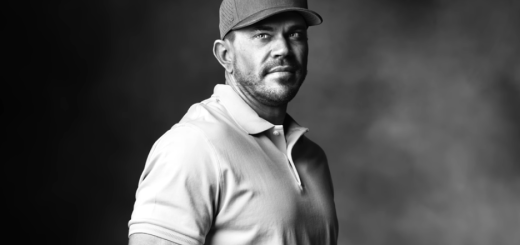Noel Edmonds Net Worth 2025 – You Won’t Believe How Much He’s Worth Today

Noel Edmonds has subtly changed who he is in recent years, going from Saturday night icon to retreat builder and vineyard owner. His estimated net worth for 2025 is close to $100 million, which reflects both his past success and his relentless desire to change course. Edmonds’ current financial situation, which was created through an unusual combination of media, real estate, litigation, and faith in alternative health technologies, is remarkably resilient for someone who spent decades working in a bright studio.
The way Edmonds went from being a household entertainment star to a rural tycoon is especially intriguing. During his Deal or No Deal term, his wealth increased dramatically. He was reportedly making £3 million a year from the show by 2007, which at the time made him the highest-paid TV host in the United Kingdom. However, even though it was profitable, that stage was just one chapter. He gradually broadened his horizons, both spiritually and financially.
Simple Bio Table
| Attribute | Information |
|---|---|
| Full Name | Noel Ernest Edmonds |
| Birthdate | December 22, 1948 |
| Age (2025) | 76 years |
| Nationality | British |
| Profession | TV Host, Radio DJ, Producer, Entrepreneur |
| Notable Shows | Deal or No Deal, Noel’s House Party, Multi-Coloured Swap Shop |
| Spouse | Elizabeth Davies (m. 2009) |
| Children | Lorna, Charlotte, Olivia, Alice |
| Net Worth (2025) | Approximately $100 million / £83 million |
| Current Residence | River Haven Estate, Ngātīmoti, New Zealand |
| Key Legal Case | Lloyds Bank Settlement (Reported Payout: £5 million) |
He went through a particularly difficult time following the 2005 collapse of his Unique Group company. What transpired was a protracted legal dispute with Lloyds Banking Group, which was connected to one of the most notorious financial scandals in the United Kingdom. According to Edmonds, dishonest bankers purposefully destroyed his business. He allegedly obtained a £5 million compensation payment by tenacity and public pressure. Even though it wasn’t the entire sum he sought, that money was both a form of justice and the impetus for a fresh start.
Edmonds used that victory to uproot himself completely rather than just move on. He moved to a tranquil 800-acre estate in Ngātīmoti, New Zealand, with his wife, Elizabeth. They gave it the name River Haven, which seems almost poetic in light of what transpired. They have opened a number of businesses there, such as a pub, a wellness center, a rustic café, and a vineyard. River Haven is now the focal point of Edmonds’ new chapter—an enterprise characterized by community, reinvention, and purpose—rather than just being a retirement project.
His personal paradise is the estate, which is said to be worth about NZ$30 million. It’s not just a vanity project, though. Edmonds made sure it would be a high-yield investment by planning it as a standalone retreat with several business arms. His model seems especially novel in a media landscape that is becoming more and more interested in lifestyle entrepreneurship. The actions taken by Kaleb Cooper and Jeremy Clarkson, who transformed rural endeavors into profitable branded ecosystems, are actually remarkably similar.
The public’s opinion has been divided. Noel Edmonds’ Kiwi Adventure, his new ITV series, has sparked equal parts interest, criticism, and curiosity. Some admire the deeply personal undertones, while others refer to it as eccentric cosplay. But as the series progresses, it becomes evident that Edmonds is changing rather than performing. During his legal battle, he proudly displayed a knight statue on the property that was constructed by Weta Workshop in New Zealand. The statue read, “The Devil saw me with my head down and thought he’d won, until I said Amen.”
What Edmonds is trying to accomplish here is very clear: this is redemption, not nostalgia. He wants viewers to comprehend his journey through suffering, pride, and tenacity—not just to recall his heyday.
His real estate holdings are very important to his finances. Edmonds had a luxurious estate in the South of France and a Grade II-listed manor in Gloucestershire before moving to New Zealand. He even kept up a home in Monaco. During court cases, he used these properties—especially The Perfumed Garden close to Grasse—as part of his liquidation plan. Even though it was an emotionally taxing decision, selling that French estate helped finance his legal battle against Lloyds, which turned out to be especially advantageous.
The Edmonds financial portfolio now includes properties, wellness technology, hospitality, and television syndication royalties. Even though some of his previous endeavors, such as the contentious EMP Pad, which purported to realign bodily energy, caused controversy, they are still a part of his comprehensive brand. Even when his unconventionality causes skepticism, he doesn’t back down.
However, his career reflects a larger pattern of British TV personalities who have used business to reinvent themselves. From Graham Norton’s success as a writer to Phillip Schofield’s wine endeavors, celebrities are increasingly using their media fame to generate a variety of revenue streams. Edmonds went a step further by moving his base both financially and physically in order to define success according to his own standards.
Edmonds seems almost legendary to younger audiences learning about his past through streaming reruns and YouTube compilations—a holdover from a bygone era. However, that undervalues his ability to adjust. His New Zealand estate is a forward-thinking endeavor rather than a museum, complete with its own branding, social media presence, and immersive visitor experience. It is a prime example of a strategic and intensely personal pivot.
It’s important to note that many viewers find his architectural tributes to resiliency and spiritual beliefs refreshingly authentic, despite the fact that some critics mock them. Even though Edmonds’ rawness is eccentric, it feels human in a society that is becoming more and more reliant on carefully manicured digital personas. Finding the right mountain to climb next is sometimes more important for success than staying at the top, as evidenced by his career, which was significantly enhanced by his comeback efforts.



